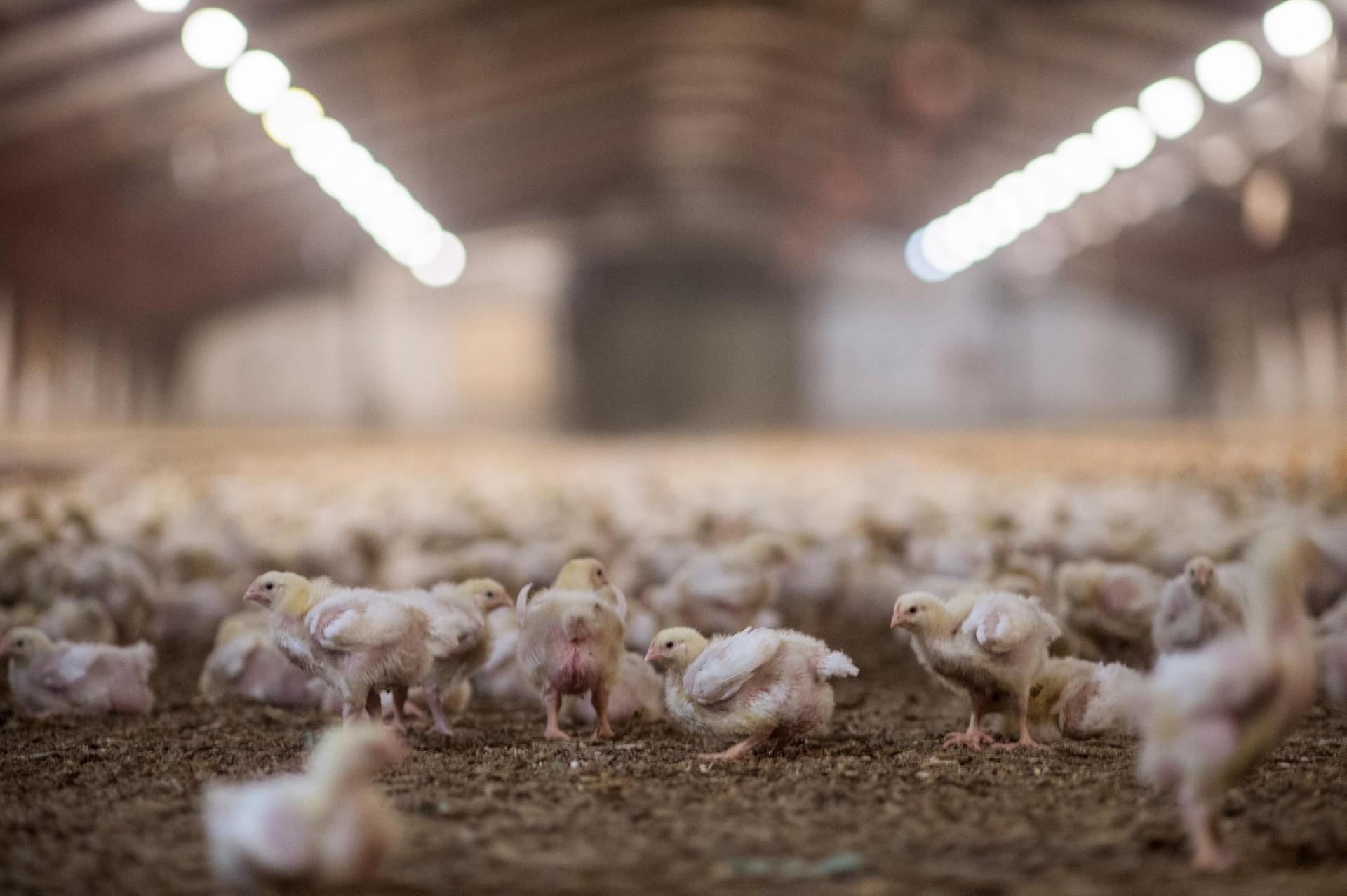
Plant-based progress
A huge number of Brits are transitioning towards a more plant-based diet. Are you ready to join them?
The number of people eating a plant-based diet has skyrocketed in the last year, with an increase of 40% over the last 12 months. This dramatic jump has been helped by the incredible number of meat-free alternatives that have landed on our shelves in recent years – and these plant-based replacements just keep coming! While you could once only get a bean burger as an alternative, now the list is virtually endless, with plant-based alternatives to bacon, eggs, fish, cheese, ice cream, honey and even black pudding & haggis now available in supermarkets up and down the country.
It’s not just supermarkets that are seeing profits from plant-based products – Deliveroo reported an astonishing 163% spike in vegan orders in 2020, and with one in four Brits reducing the amount of animal products they were consuming since the start of COVID-19. There is no better time to begin your journey into a more plant-based diet.
Although it’s never been easier to reduce your meat intake, there are still questions that commonly asked, so we’re here to answer a few of them!
How can I source protein from a plant-based diet?
Some of the best foods to source protein from include nuts, seeds, pulses, lentils, tofu, beans such as kidney beans and chickpeas, as well as quinoa, oats, and vegetables such as broccoli, spinach, asparagus and artichokes. Plant-based meats are also a valuable and tasty source of protein, as well as almond milk.
Can I source enough calcium from plant-based milks?
If you’re thinking about swapping your dairy based milk for a plant-based alternative, you don’t need to worry about missing out on your calcium intake. Most plant-based milks like have lots of calcium, with almond milk having more calcium than cows milk!
How can I meet my vitamin B-12 needs on a plant-based diet?
The easiest way to ensure you’re getting enough B-12 is by taking a supplement in the form of a lozenge rather than a pill (B-12 is absorbed poorly when swallowed as a pill), with a good dosage ranging from 1,000-2,000 micrograms. Other ways of meeting your B-12 needs are with fortified foods such as non-dairy milks, meat substitutes, cereals, energy bars and nutritional yeast. You can check the nutritional label to check just how much B-12 is supplemented in these foods.
What difference can one person really make?
A huge difference. The average British meat eater consumes, in the course of their lifetime, five cows, 20 pigs, 29 sheep and lambs, 780 chickens, 46 turkeys, 18 ducks, seven rabbits, one goose and half-a-tonne of fish - so by moving towards a plant-based diet you’re impacting the lives of many animals. You’d also be doing your part in halting climate change, as up to 18% of greenhouse gases are produced by animal agriculture – that’s more than is emitted by every plane, ship and car combined.
Everyone can make a difference by decreasing our consumption of animal products and opting for using more plant-based alternatives. We can all #LiveKinder - kinder in what we eat, what we do and in the way we treat animals and the planet.


